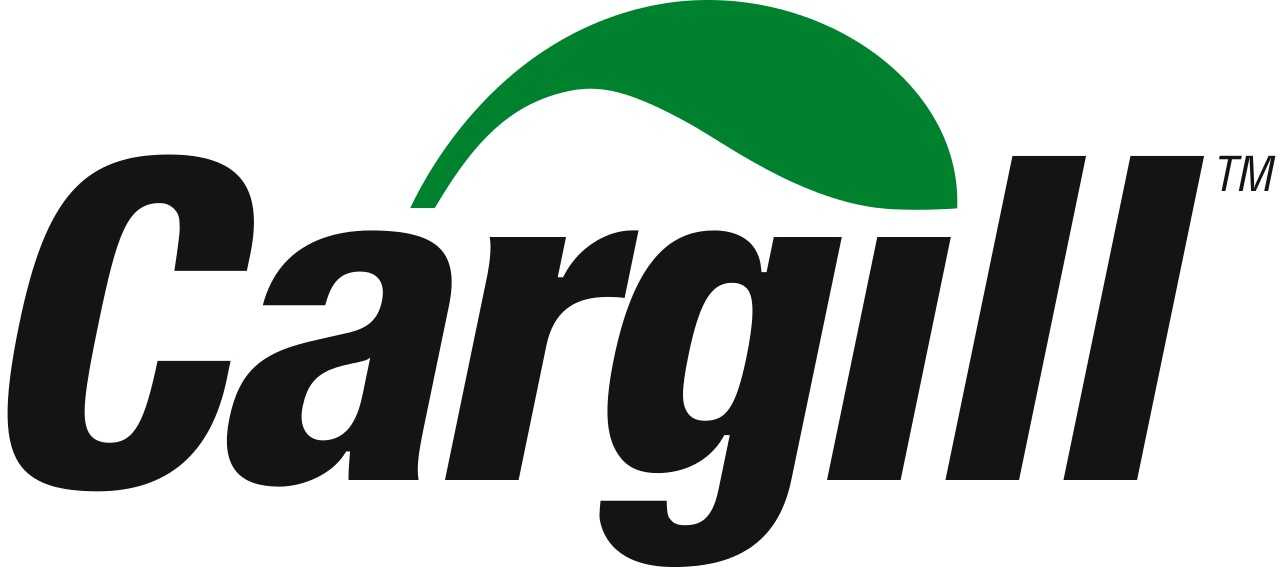ACCRA, Ghana — Cargill ’s cocoa & chocolate business commemorates its 10th anniversary in Ghana by announcing plans for future investment and farmer support. Cargill’s 2022 roadmap for Ghana includes:
- 80,000 farmers receiving capacity building support and facilitated access to inputs through our Farmer Field Schools
- The provision of one million new cocoa seedlings for rehabilitation of old farms and 200,000 shade tree seedlings to protect cocoa trees and improve biodiversity
- Access to crop protection for 30.000 farmers
- Completion of 100 percent mapping of farms; using geolocation and perimeter of the farms to allow deforestation monitoring and farm development
- 9,000 ha of cocoa developed into a cocoa agroforestry system within the Cocoa & Forest Initiative.
Commenting during the anniversary celebration event at Cargill’s cocoa processing facility in Tema, Ghana managing director Pieter Reichert said, “Our 2022 roadmap is fully aligned with our global sustainability goals and consolidates our continuing support for a sustainable cocoa business here in Ghana. Completion of our mapping programme will ensure farm sizes are accurately recorded to support farmers in decision making and investment. At the same time 80,000 farmers will be trained in good agricultural, environmental and social practices to support certification.”
These initiatives are informed by the principles underpinning the Cargill Cocoa Promise – the company’s commitment to improving the livelihoods of farmers and communities in a holistic way that will secure a thriving cocoa sector for generations to come
Investing in Innovation
During the event, Harold Poelma, president of Cargill Cocoa & Chocolate, emphasized the importance of a sustainable cocoa industry, and growing the sector using innovation, “We must embrace new technologies as a way for Cargill to drive sector growth. For example, we have introduced e-money into our business model.
This allows Cargill to buy cocoa directly from farmers and their cooperatives and pay them by electronic transfer, ensuring the money reaches them swiftly, safely and accurately. Ultimately, this improves the livelihoods of farmers and their communities. At the same time, new technological solutions are driving more precise, accurate traceability within the cocoa supply chain.”
Cargill also launched its Ghana licensed buying company, Cargill Kokoo Sourcing Company Limited, in 2016 across four districts, introducing many innovations such as bar codes to enable the full traceability of cocoa beans, portable printers, new apps, electronic money transfer and cloud-based information systems, all which are new to the Ghanaian market.
Cargill Kokoo Sourcing Company now operates across 11 districts , with Ghc6 million (1,25USD) in premium payments paid to date, benefitting over 13,000 farmers. By 2022, it is anticipated that all of Ghana’s cocoa farmers in its direct supply chain – around 80,000 in total – will benefit from electronic payment and tracking.
A focus on sustainability
Innovation is also key to Cargill’s sustainability approach in Ghana, with a range of initiatives undertaken including the installation of a fully automated, digital solar power system at its Tema facility to diversify its energy supply. This investment in renewable energy is part of Cargill’s commitment to continuously decrease the environmental impact of its businesses and contributes towards Ghana’s target of having 10 percent renewable energy in its electricity generation mix by 2020.
Combatting deforestation is also central to Cargill’s sustainability approach. As a signatory of the Cocoa & Forests Initiative – a global collaboration to end deforestation related to cocoa production in Côte dÍvoire and Ghana – Cargill is committed to zero deforestation in its global supply chain by supporting activities to promote sustainable farming practices and improve the livelihoods of cocoa farmers and their communities. Towards 2022, Cargill has for now committed to develop 9,000 ha of land into a cocoa agroforestry system within the Cocoa & Forest Initiative.
Poelma said, ‘‘Cargill has put the creation of sustainable cocoa supply chains at the forefront of our presence in Ghana, enabling cocoa bean traceability through our Licensed Buying Company model, expanding farmer training in good agricultural practices, supporting the development of cooperatives and working with our partners towards zero deforestation, not just in Ghana and Côte d’Ivoire but globally.
Together, we must balance forest protection and take into account farmers’ economic livelihoods, communities, indigenous rights, and global food security needs. I encourage the Ghanaian government to keep to this commitment and support the industry’s effort to address deforestation. This is a top priority.”


















